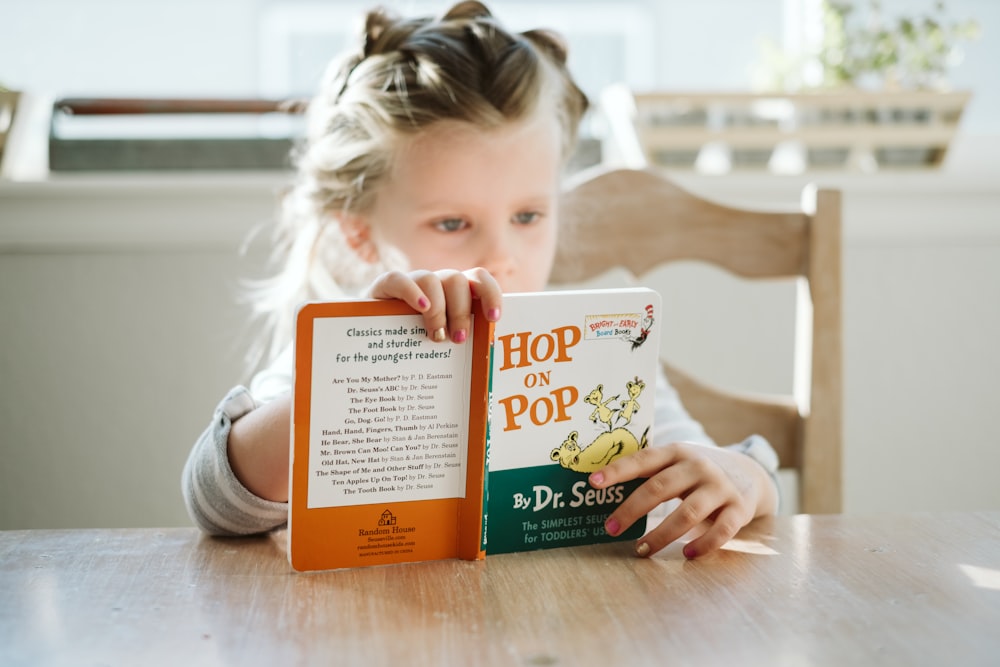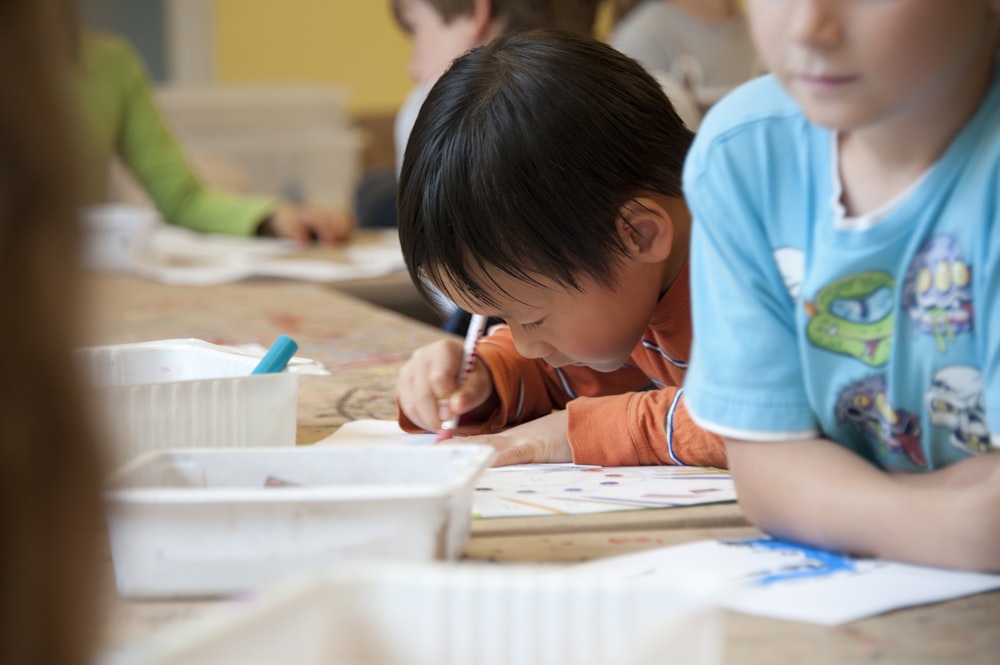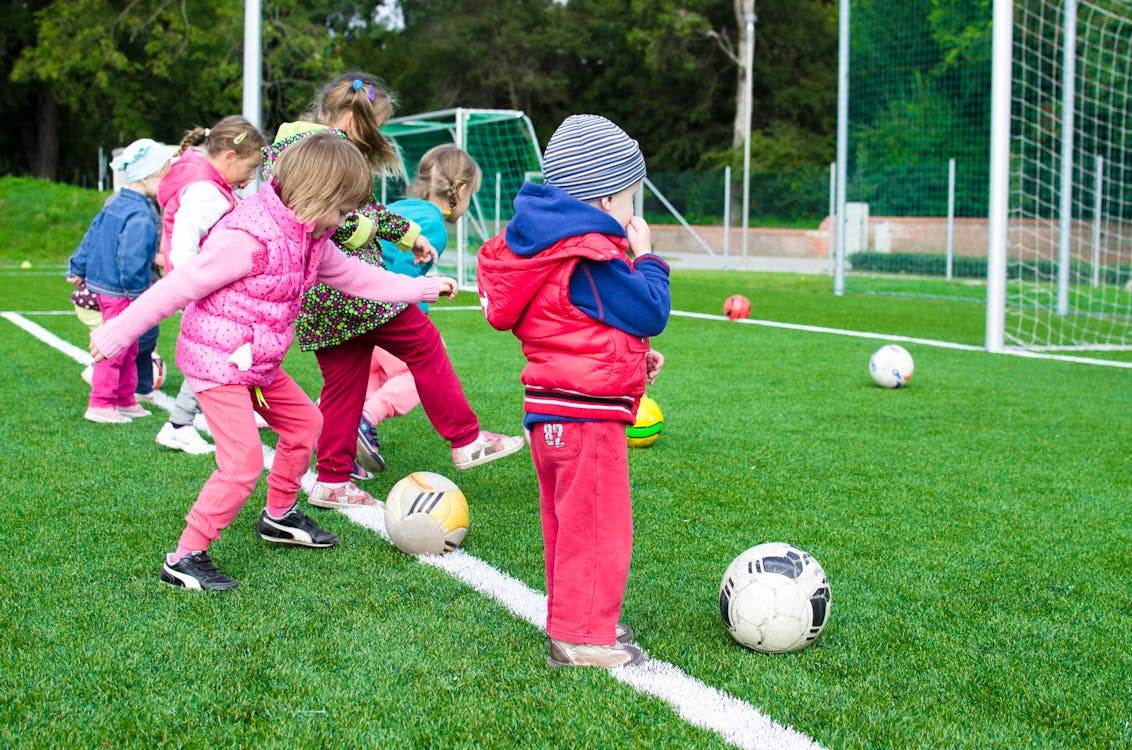Learning to read and write is a big milestone in a child’s life, and preschools play an important role in setting your child up for success as a reader. With the help of their preschool teachers, a child will gain the skills that will help them read and write a little further down the road.
To learn more about how preschools can help lay the foundation for literacy, PrekAdvisor spoke to two experts in the field. Chris Allen is the Director of Preschool and Kindergarten at Dwight School in New York City. She also serves as an adjunct professor at Hunter College, teaching classes such as Language and Literacy, Birth-Kindergarten. Julieta Carrillo is the Head of Preschool at Magellan International School in Austin, Texas.
In this article, we’ll break down emergent literacy, why it’s important, and how preschool can help set your child up for success— all with helpful insight from our two experts.

What is emergent literacy?
As adults, we probably don’t give much thought into our ability to read and write. By now, it just comes naturally. But, when you think about it, there’s a lot that goes into our brains making sense of the words in this blog. Preschool is the time where foundations are laid in several areas and the pieces begin to come together.
Emergent Literacy Skills
Carrillo outlined some of the most important literacy skill sets that preschoolers learn, including:
- Print motivation: Instilling a love of reading and learning is so important for young children. Preschool should foster print motivation, or the interest and enjoyment of books. Cultivating a motivation to read can enrich a child’s life all the way into adulthood.
- The oral language: Before a child can learn to read, they must have a grasp on the language that they speak. Building your child’s vocabulary is important at the preschool age.
- Print awareness: Print awareness is one of the earliest introductions to literacy. Print awareness is the understanding that print has different functions and meanings. It is also the understanding of how print operates. For example, in English, we read left to right, up to down.
- Phonemic and phonological awareness: Phonemic and phonological awareness go hand in hand. Phonemic awareness is the ability to identify and manipulate individual sounds in spoken words. Phonological awareness is the ability to recognize and manipulate spoken parts of words. A child’s understanding of these concepts can be a good predictor of later reading success.
- Knowledge of the alphabet: In order to later string sounds together to form words, children should have knowledge of the alphabet and the sounds that each letter makes.
However, emergent literacy skills also include abilities like self-regulation. Self-regulation is the ability to control one’s behavior and focus on tasks at hand. For example, a child may exercise this skill while sitting and listening to a story. Reading should be fun and capture their attention and imagination.

Why is it important for preschoolers to learn these skills?
“It’s important that during [the preschool] years we give them these foundational skills, so that later when the brain is mature enough, they can bring all those skills together and be a successful reader,” Allen says. Though seemingly unrelated skills like self-regulation may not appear to be directly linked to literacy, they are all a crucial part of the puzzle.
Even if a child isn’t reading by the time they go to kindergarten, they have the foundational skills needed to make it happen when they are ready.
How do teachers build literacy skills in preschool?
One thing that is important to understand about preschoolers is that they learn through play. Many educators advise against preschools that place their focus on flashcards, worksheets, and the “skill and drill” mentality. Instead, preschools should promote learning through fun activities like:
- Reading to children: Teachers should not only read the text, but engage in discussion about the book. Common activities to engage children include prompting them to make predictions, have them act out the stories, discussing characters, writing stories about the book, changing the ending, and more.
- Singing songs: Reading starts as an auditory skill. Songs also give children the chance to experiment with language.
- Rhyming games: Games, songs, and text that include rhyming words help children discriminate between different sounds, building phonemic awareness.
- Dramatic play: Through dramatic play, children put themselves in someone else’s shoes. This helps develop social skills as well as language skills.
- General conversation: Conversational speech is great at building vocabulary.
The preschool classroom itself is designed to promote print awareness. You’ll notice environmental print everywhere. The child’s name is written on their belongings, spaces are labeled, and there are always interactive objects around the room that give kids the chance to see words in context.

Starting with Success
Allen notes that the key is also to set children up for success. A preschool should not push your child too far and too fast, but instead give them the confidence they need to achieve at their own pace. “We really want to build from success,” she says. “If you give them activities to do or work on those skills that are natural for the age of development or stage of job, then they feel confident about who they are as a reader.”
All too often, parents try to hammer in the skills that they think make an accomplished reader. This, however, can demotivate children, causing them to lose their intrinsic love of reading.
What should a child know before they go to kindergarten?
“Preschool is, first and foremost, a social-emotional experience,” Allen explains. “We want them to walk out of preschool with an emotional memory.” Children should come out of preschool confident, believing in themselves, and knowing that they are capable and contribute to their classroom.
While knowing letters, having phonemic awareness, and being able to discriminate sounds is important, appropriate social and emotional skills will benefit them for years to come. “They need to develop their communication skills and be able to socialize,” Carrillo says. This means understanding sharing, taking turns, being patient, knowing when to lead and when to follow, and playing by the rules.

Conclusion
Emergent literacy skills reach far beyond a child knowing their ABCs. When choosing the right preschool for their child, parents should consider the school’s approach to emergent literacy. How do they approach learning? Will they set your child up for success? Does the school focus on all aspects of development, including social and emotional? Finding a school with the right answers to these questions can help your child develop into a motivated learner with a passion for reading later on down the line.

